Sociologist Shinji Miyadai, who was seriously injured in the attack, appeared remotely on “Arc Times” The News on December 13 to discuss his current feelings and the incident. By Arc Times staff
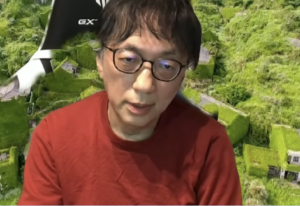
When the ambulance didn’t come for 50 minutes, I thought about the Ukrainian soldiers.
After I was cut, the ambulance didn’t come for another 50 minutes, and I thought about a lot of things while in a lot of pain. I told myself to think of the Russian and Ukrainian soldiers. I remembered war stories I heard from my mother and relatives — stories of escaping while being burned by incendiary bombs. I thought to myself, “I can overcome shit like this, when I compare this to tragedies during the war time.” It may sound a bit childish, but that was how I felt in the moment. In this sense, war stories are important not only for building a stance against war, but also for giving us a relative perspective on whether we are really miserable or not. In order to be open and not closed off by the shell of one’s own self-preservation, it is important to keep one’s priorities clear, including relativizing oneself, through learning about history and constantly imagining people in difficult circumstances through the news.
I am not scared. I would not change my opinions because of violence.
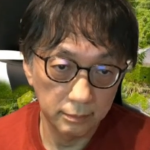 If I were to change the color or tone of my speech because I was frightened of violence, people would think, ‘Oh my God, those who exercise speech are just a bunch of shallow, insignificant slobs taking positions,’ and their speculations will be vindicated. I don’t like that.”
If I were to change the color or tone of my speech because I was frightened of violence, people would think, ‘Oh my God, those who exercise speech are just a bunch of shallow, insignificant slobs taking positions,’ and their speculations will be vindicated. I don’t like that.”
I have a strong will to show that there is a community of academics, writer and journalists that stand by their words, and I want people to have hope in that.”
I have no prejudice towrads the culprit. What I am concerned about is, if I change my tone here, people will say, ‘Oh, so academics like him change what they say when things get bad,’ which is common in Japan. I don’t want that feeling to be reaffirmed here. That’s all I’m concentrating on.”
“I worked to get out of the hospital as fast as possible,” Miyadai said.
It was a pretty major surgery. The first and second days in the hospital together lasted six hours, and I lost count of the hundreds of stitches I received. I was told by the Metropolitan Police Department not to talk about the specifics of my wounds. There is a problem with the court case. But the wounds are unimaginable. The police said, “He will be in a serious condition for a month and a half to two months, but he is expected to live. I wondered if such a situation could be called “life-threatening. But I thought to myself, “This is not the time to be thinking like that. I thought that by getting back to work as soon as possible, I would do less damage to the discourse.”
I was in pain, but I could still move my body. So, I apologize to the hospital staff, but at 9:00 p.m., when the lights went out, I turned on the lights, got up, got crutches, which had been forbidden, and moved my body despite the pain. I got up and moved my body, even though it hurt, because I had a clear objective: to speed up my recovery. I wanted to speed up my recovery so that I could realize my intention, which I mentioned earlier.
“You can’t shake the foundations of free speech through terrorism,” Miyadai said.
Osamu Aoki asked, “I feel that Mr. Miyadai may have taken on a new fate or position by becoming the victim of such an incident. Isn’t it possible that he has taken on a new assignment in addition to the one he has taken on so far?”
Yes, it is. Japan is somewhat peaceful, so whenever there is terrorism, we just condemn it. While condeming terrorism is essential, does it make it go away? No, it will not. More important than condeming it is to not be defeated by it, and to not give in to it. In other words, we need to send the message that terrorism is futile. If Japan is full of brave academics, they will probably think that terrorism, in the sense of frightening people, is futile, and that the only effective way is to eliminate this person. That’s how it was during the war. What is important is effectiveness. The most important counter-terrorism measure is to show that the academic community is not beholden to terrorism. This is not the same as preventing terrorism, but it is important to show that terrorism will not change the world of free speech,” Miyadai said.
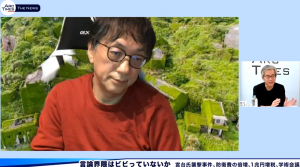

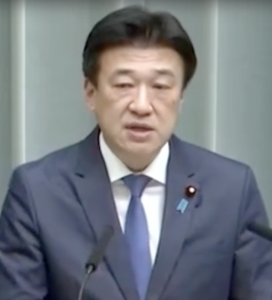
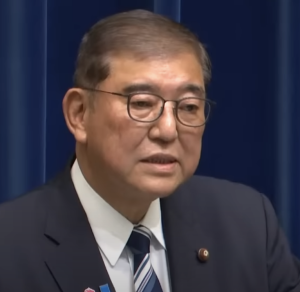
Comments are closed.